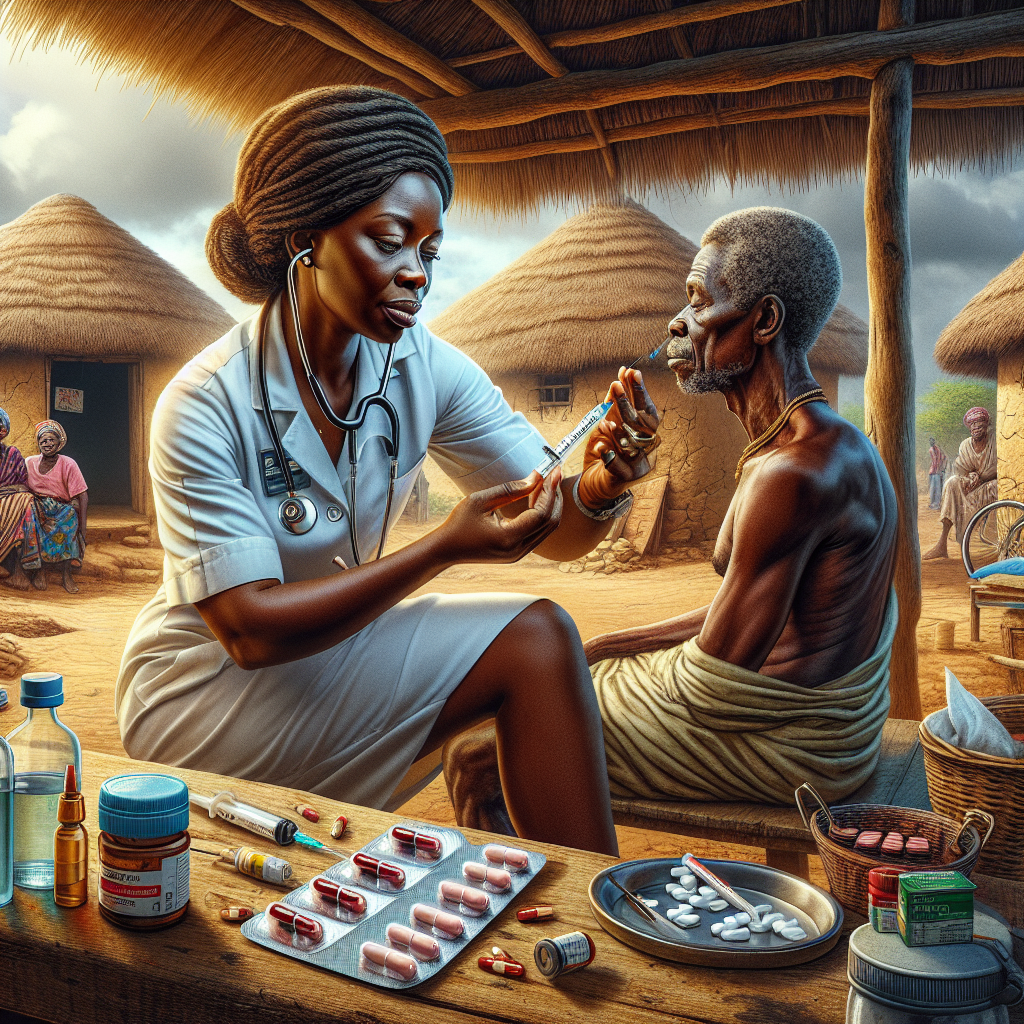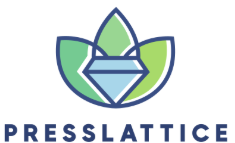In an unprecedented move stirring waves across global healthcare systems, a landmark international cooperation agreement has been signed. This collaboration brings renewed hope to patients worldwide grappling with life-altering diseases.
Health Issue Overview
The wide-reaching impact of this pact is illustrated best within communities racked by epidemics for which there were previously limited resources or aid. The targeted illnesses are diverse – from malaria in sub-Saharan Africa to opioid addiction in North America.
Medical Background
Many of these afflictions, whether transmittable diseases or substance dependencies, have intricate biological implications with complex societal overlays. They’ve long needed an integrated approach – one that this newfound alliance promises to deliver.

Patient Stories
‘The real story behind the numbers’, says Seema Patel, who watched her brother battle heroin addiction for years before losing his life in their small Indiana town.
‘It’s not just statistics on a page. These are people’s lives.’
Jane Akinyi from Kenya recounts her fight against malaria:
‘Every other day was a nightmare marked by high fever and hallucinations. I lost two children to it.’
Treatment Options
This collaborative endeavor aims to streamline effective treatment strategies while innovating new ones across borders.
Healthcare System
This cooperation heralds extensive modifications from grassroots levels to systemic overhauls – integrating local healthcare networks with global resources.
Research Developments
Obstacles such as insufficient funding or resource constraints crippling research advancements could finally be a thing of the past. Borders no longer limit knowledge sharing or joint research initiatives. The scientific community stands revitalized and strong on the brink of revolutionary discoveries.

Educational programs addressing disease prevention are set for a massive boost through this pact – potentially reaching corners of the world never before enabled through comprehensive initiatives.
Disease prevention isn’t an afterthought but a key strategic step towards global health equity.<\span>Support Resources
‘It’s about time,’ says Dr. Li Wei from China who has coordinated suicide prevention resources for severely depressed patients across Asia.
‘After years of isolating mental health discussions, collaboration opens doors to robust support systems.’
A shift isn’t just brewing; it’s already here – redefining norms that once seemed irrevocably rigid.<\section>Future Outlook

